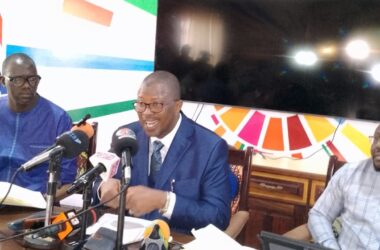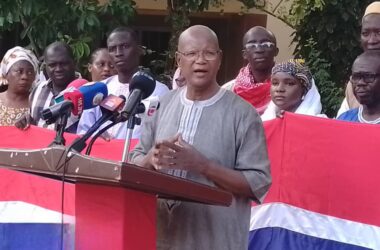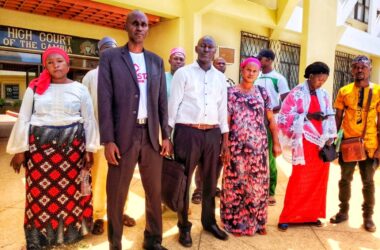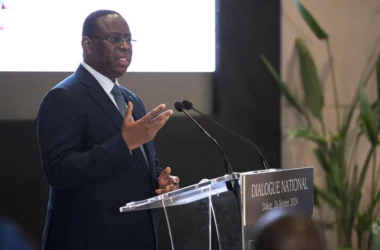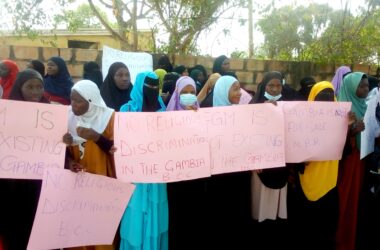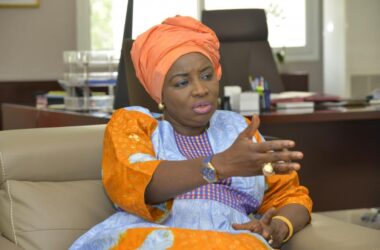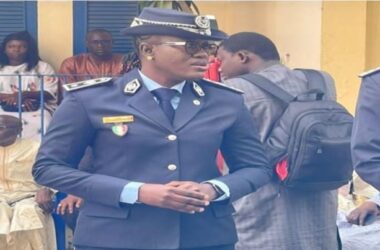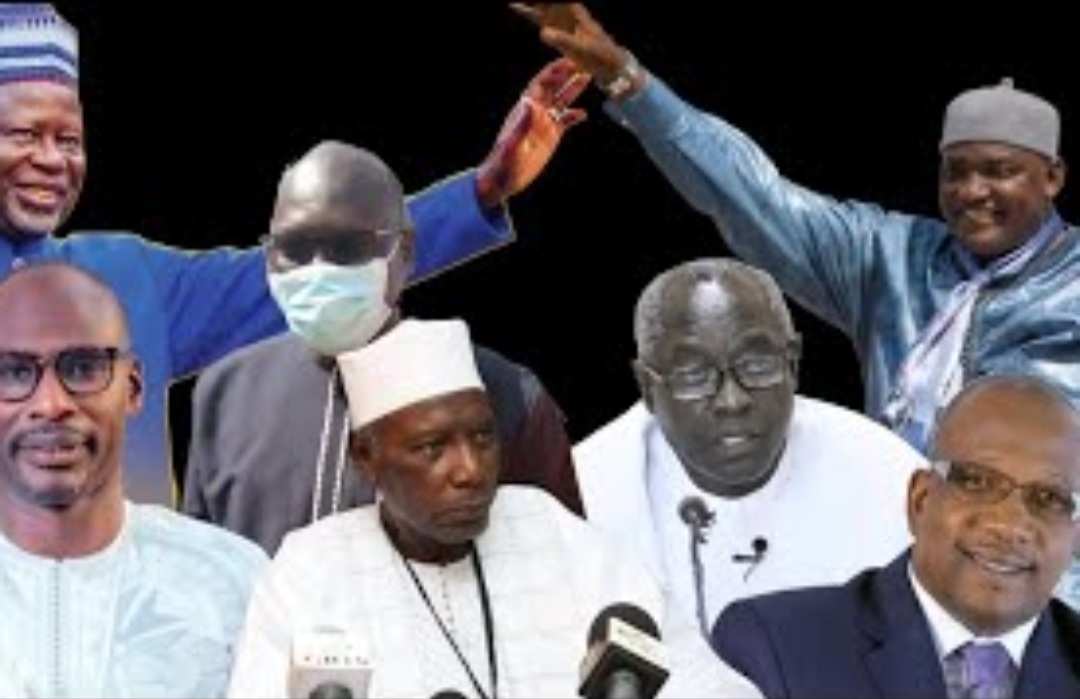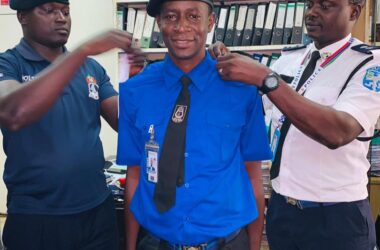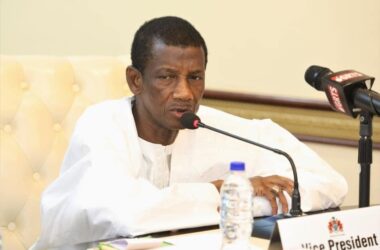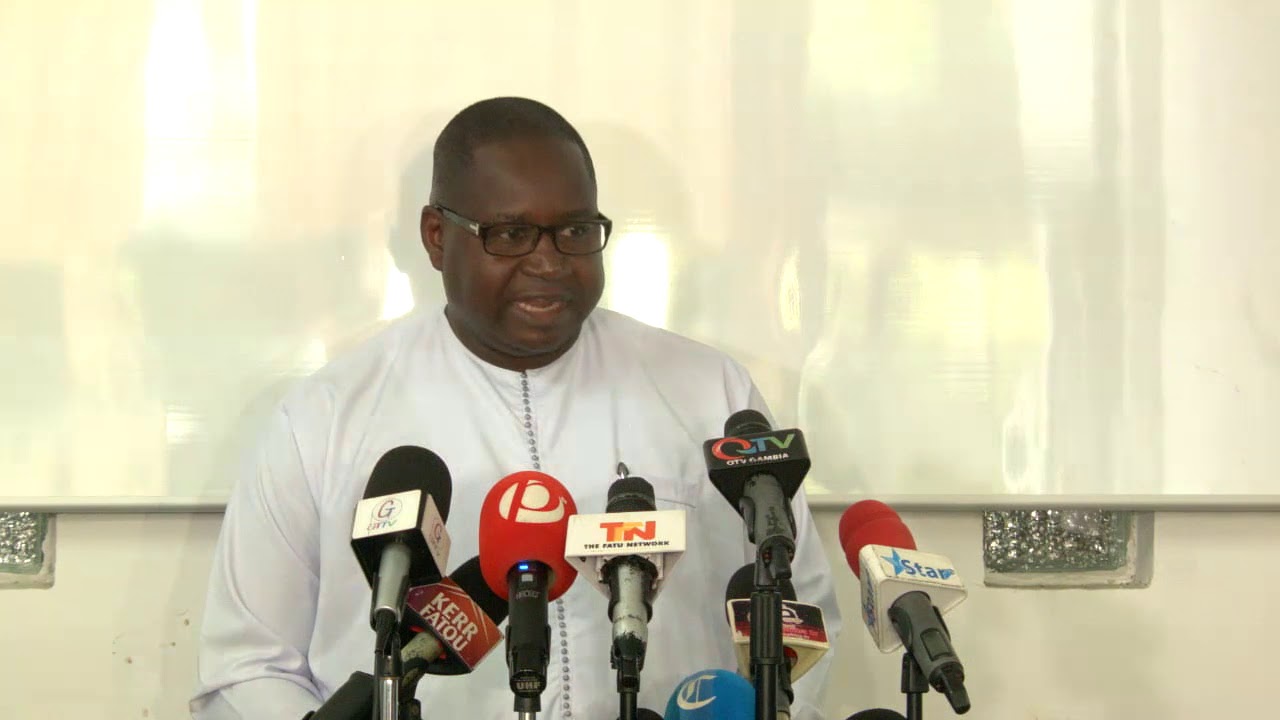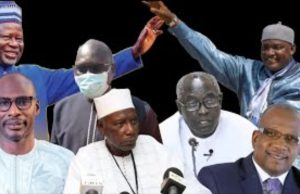
Campaigning for Gambia’s December 4th presidential election has been taking place in a largely carnival atmosphere but beyond this feel-good facade lurks a perceptible cocktail of tension and fear over its possible aftermath.
The knives are out, the campaign rhetoric from all sides has hardened, and the plot and sub-plot has thickened.
Will the loser be gracious enough to concede and will the winner be magnanimous?
Will their supporters run amuck or will they be reined in?
The smallest country on mainland Africa with a small coastline yawning into the Atlantic has struggled to shake off its post-electoral hangover which had set the scene for an acrimonious intervening few years of a troubled transition to fully fledged democracy after 22 years of strongman rule.
Memories of the past five years still run deep.
Gambians feel Goosebumps recalling the post-electoral crisis triggered by former president Yahya Jammeh’s controversial decision to challenge his shock election defeat by then electoral dark horse Adama Barrow.
56-year-old Barrow faces five other contenders for the top job, among them his estranged political Godfather Ousainou Darboe who heads the overzealous United Democratic Party (UDP).
Poised for an outcome that may be the closest in living memory, pundits say the presidential election does not by any indication look like a straightforward race to state house.
Many contemporary issues about Gambia’s future are riding on this watershed election where established politicians and newcomers to politics are being reminded of failed campaign promises of the past and tasked with explaining why they should be trusted to deliver on them this time.
The contest has come down to the politics of numbers.
With an unsettled debate about who draws the biggest crowds in election rallies still raging, analysts say pre-poll indicators suggest a two-horse race between Barrow’s National People’s Party (NPP) and Darboe’s UDP.
Pollsters place Mamma Kandeh of The Gambia Democratic Congress a distant third, perennial candidate Halifa Sallah of the People’s Organisation for Independence and Socialism (PDOIS) and popular lawyer Essa Mbye Faal not too far behind while the National Unity Party’s Abdoulie Jammeh is viewed as an also-ran.
Due to expectations by all sides of the election divide, the carnival atmosphere attending to most of the election campaign has been tinged with tensions especially between surrogates and supporters of the two main contenders.
Aside from denigrating each other at every turn, the NPP and UDP have been making competing claims of victory before the first marbles are cast in drums, a unique way of voting in The Gambia introduced in the 1950s when the country was still a British colony.
Added to this tension which at one stage degenerated into Barrow and Darboe trading barbs is the latent fear about how they will react if the outcome of the vote does not go their way.
Both NPP and UDP apparatchiks refuse to countenance an outcome leaving them languishing at the losing end of the race.
This has stoked up tensions within their entrenched support bases who sometimes have to share the same townships and so far had to be restrained from resorting to violence targeting their rivals living next door.
Both sides have used the other as fodder for caustic jibes aimed at denigrating their respective candidates, Darboe and Barrow who began political life as Godfather and son respectively.
Now as estranged as politics can render them, they are implacable political foes keen on going for the overkill.
Given the tendency of their two camps to dig in and refuse to acknowledge each other’s chances in the presidential race, some observers question their commitment to electoral fair play; whether as losers they will swallow the bitter pill of defeat and concede to their bitterest rivals.
And diatribes by Jammeh, exiled in Equatorial Guinea since his fall from power in January 2017 have not helped to assuage public fears about what may result from the election.
With varying degree of success self-styled “ambassadors of peace” have been at work on radio and television preaching the anthem of maturity and restraint and soothing already frayed nerves wary of what the immediate future might hold.
The stakes are also high for the Independent Electoral Commission whose under-pressure chairman Alieu Momar Njie is caught up in the crosshairs of the tension ahead of Gambia’s most divisive election in living memory.
Njie has come under sustained fire from the public but mostly over his past track record as lead election arbiter.
Many point to his controversial revision of the collated figures of the December 2016 presidential election results which handed Jammeh a pretext to cast doubt over his shock defeat and challenge the outcome, plunging the country into a month-long electoral quagmire.
The same gaffe found its way in the parliamentary and local government election several months later, heightening public suspicion about the competence and impartiality of the IEC to conduct future polls.
These public misgivings like an indelible blot on the cloak of the IEC have been hard to dispel going into the presidential election of December 4th.
The commission’s communication officer Mamakan Khan has moved to dispel this cloud of distrust undermining its reputation as Gambia’s main election arbiter.
He said this unfavorable view of the IEC is unfair and undeserved given its pedigree in holding past elections, the first being in 1996 at the end of a two-year transition following Jammeh’s military overthrow of founding civilian president Sir Dawda Jawara.
Without any evidence, party surrogates have accused the IEC boss of secretly backing one candidate or another.
To win back public confidence, the IEC have announced that there will be an on-the-spot counting of the results at the end of polling at polling stations and vetting teams would be deployed to recount them to avoid a scenario where electoral officers are overwhelmed by the numbers.
Will this satisfy all sides to the political divide?
Only time will tell.
Meanwhile the police has issued a statement reassuring Gambians that its personnel would be up to the task of ensuring security and stability before during and after the polls.
962,157 Gambians from the country’s 1.8 million people have been registered by the IEC to take part in the landmark presidential poll which begins a cycle covering parliamentary and local government elections.
There are 1,554 constituencies distributed in Gambia’s 53 constituencies.
A plethora of election observers both local and international including from the Commonwealth and the European Union are in the country to witness the poll.


